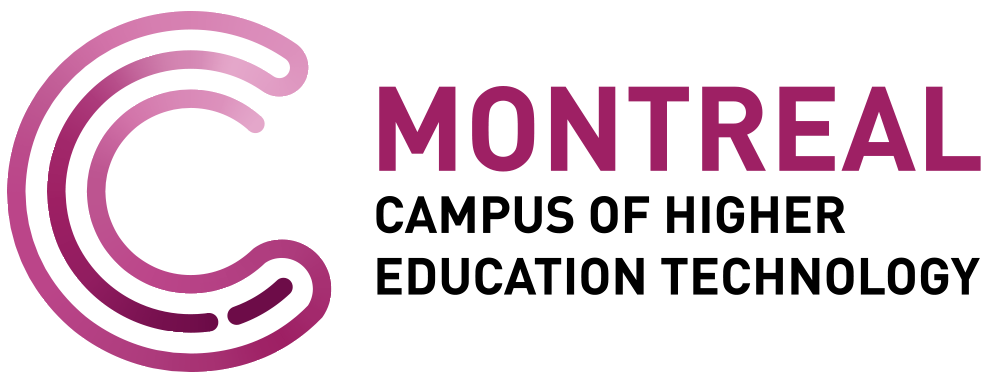Engineering Physics Technology
Students seeking solid training in physics and related technologies as well as in signal processing electronics and programming.

Founded in 1968, Cégep André-Laurendeau includes 13 pre-university programs, 13 vocational programs, 12 sports teams, and many continuing education and business service programs. It also includes two college centres for the transfer of technology (CCTT): the Institut d’Innovation en Logistique du Québec (IILQ, Quebec Logistics Innovation Institute) and Optech. Since 1991, Cégep André-Laurendeau has been part of the International Baccalaureate (IB) network, recognized in over 150 countries.
Cégep André-Laurendeau
1111 Rue Lapierre, LaSalle, QC H8N 2J4, Canada
You are ready to apply?
Have you read all the information about your program, about the CEGEP and the requirements? You are ready to register?
Once you receive your letter of acceptance
In order to be able to enter the Canadian territory, you must take several other steps. Follow these steps :
You still have questions?
Approximate cost of studies (per year)
- Citizens of France (France-Québec agreement) : From 300 to 365$
- Citizens of other countries: 17 594 $
Duration of studies
- 11 years of recognized studies
Mathematics of 11th year of study - Sciences of 10th year of study
- Having successfully passed the required French test (for francophone colleges)
- Having successfully passed the required English test (for anglophone colleges)
Duration of studies
3 years or 6 semesters (full time)
Application deadline
Fall : March 31st
- Choose, use, improve and maintain high-tech instruments and processes
- Help manage a project, workshop or laboratory throughout all its phases
- Carry out electrical signal processing and acquire information on a physical phenomenon
- Technical representative for programmable devices
- Energy technician
- Optical, laser, electronic, acoustic, laboratory, automation, control and maintenance technician
- Photonics technician
- Research
- Production technician
- Simulation technician
- Physics technician, design technician
Etc.
Obtaining a Quebec Acceptance Certificate
It is the first document to obtain when starting your immigration process. By clicking on the button below you will be redirected to a website describing all the relevant information about it.
Obtaining a Study Permit
There is a second immigration document that you will need to obtain. After receiving your CAQ, you must apply for a Student Permit, which you can do online. This application will be forwarded to a visa office that processes all applications from your country of citizenship or the country into which you have been lawfully admitted. If you click on the button below, you will be redirected to the website where you will find all the details. By clicking on the button below you will be redirected to a website describing all the relevant information about it.
Obtaining health and hospitalization insurance
All international students must hold a valid Canadian health and hospitalization insurance plan for themselves and their accompanying dependents, or they must be covered under a valid reciprocal social security agreement. Citizens of the countries listed below benefit from a reciprocal social security agreement made with Quebec and, as such, may be covered by the Quebec health insurance board (Régie de l’assurance maladie du Québec – RAMQ) in the same way as Canadians or permanent residents of Canada. The countries are: Belgium, Denmark, Finland, France, Greece, Luxembourg, Norway, Portugal, Romania and Sweden. For more information, please consult the reciprocal agreement. All other international students must hold a health and hospitalization insurance plan. The college you will be attending will provide you with information on how to obtain this insurance and the related fees.
Confirming your acceptance and paying the tuition fees
Your letter of acceptance will explain how to complete this final step.
Discover Montreal
No.1 City in America for
International Students
Recognized for its quality of education, Canada has a well-established reputation as a tolerant, non-discriminatory and safe country. Montreal, predominantly French but multilingual, is Canada’s second largest city and ranked the best city in North America for international students.

Demande d'information



